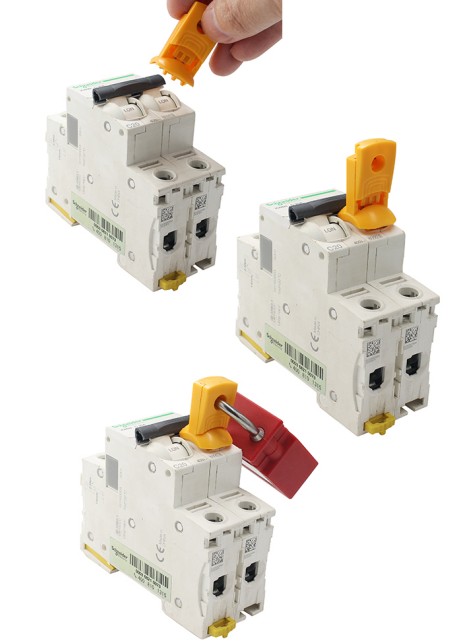In order to establish the
safest possible working environment, we must first establish a company
culture that promotes and values electrical safety in words and deeds.
This is not always easy. Resistance to change is often one of the
biggest challenges faced by EHS professionals. The manager in charge of
the safety plan must overcome this resistance when implementing the new
policy. There are actions that can be taken to help minimize concerns
about cultural and operational changes. The following steps outline the
various stages of cultural change, how to most effectively implement
these changes, and how to develop an effective lockout/tagout plan to transform these changes from concept to practice.

Lead to buy. Without the support or participation of the company's
leadership, any plan will fail. Leaders must lead by example and be
backed by actions. Leaders should focus on minimizing any actual or
perceived negative effects of implementing new security protocols. Any
accusation stigma that may be caused by reporting security risks or
hazards needs to be eliminated so that employees can be honest when
talking with management. As the plan is implemented, employees need to
encourage and prove that the new expectations are permanent until
further notice. Signage, official announcements and updates can help, as
can incentives to reward compliance. Make education and information at
your fingertips; if employees feel more prepared, they will be more
likely to continue to improve.
Educate employees why they need to change. In facilities where
accidents have occurred recently, this may not be difficult. Factories
that have had no recent accidents will better emphasize active
prevention and education to understand why safety plans need to be
updated regularly. Operator error is a source of risk, especially for
novice personnel who are not sufficiently trained and are using
unfamiliar equipment or inadequate maintenance. Due to inadequate
maintenance, even the most capable personnel are at risk of complacency
and mechanical or system failure.
This article was originally published in the November/December 2019 Occupational Health and Safety Journal.
Download this buyer's guide to make a more informed decision when you
are looking for an EHS management software system for your organization.
Use this handy buyer's guide to learn the basics of choosing online safety training and how to use it in your workplace.